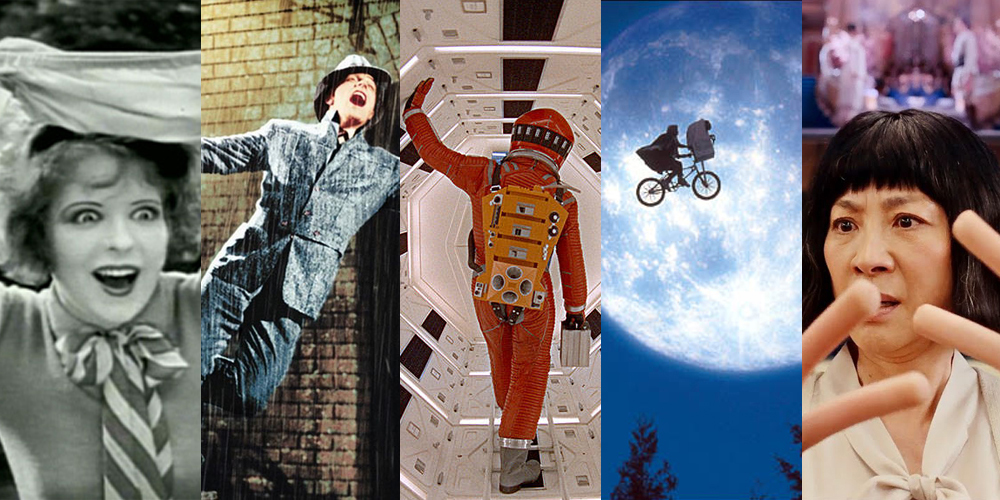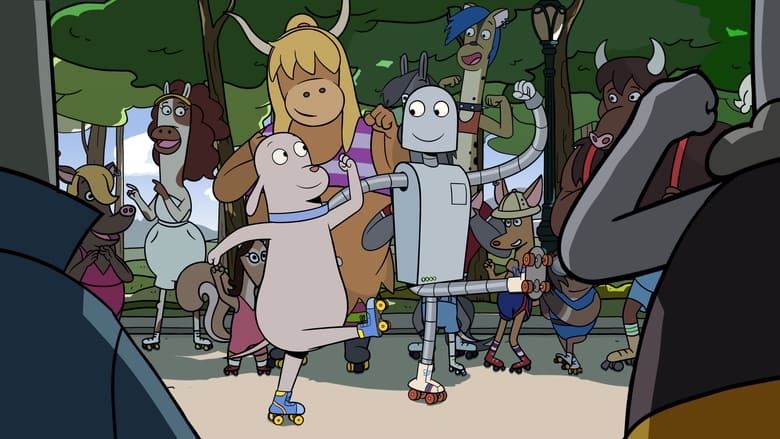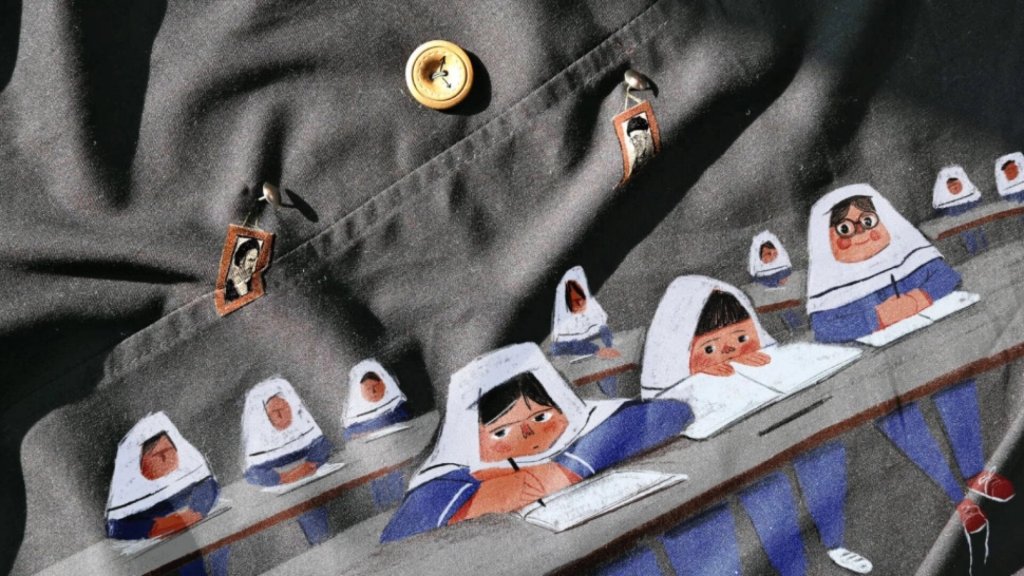 The word Alcatraz evokes images of prison bars, riots and some of the most notorious criminals of the twentieth century. Among those imprisoned there were Al Capone and Baby Face Nelson, but in 1962 no one was more infamous than Robert Stroud, The Birdman of Alcatraz.
The word Alcatraz evokes images of prison bars, riots and some of the most notorious criminals of the twentieth century. Among those imprisoned there were Al Capone and Baby Face Nelson, but in 1962 no one was more infamous than Robert Stroud, The Birdman of Alcatraz.
Robert Stroud was first sent to prison in 1909 for manslaughter. Sources say he knocked a man unconscious then shot him at point-blank range for not paying a lady for certain services Stroud was managing. John Frankenheimer’s film glosses this over, sending us straight into his prison days in his first home behind bars, McNeil Island. Stroud (Burt Lancaster) doesn’t bend to authority easily, bringing him time in the hole with no light and no communication. When a minor slip up is about to cost him a visit with his mother (Thelma Ritter), Stroud confronts the guard and ends up killing him. This second murder on his record nearly sends him to the gallows, his mother pulling strings and saving his neck. Instead, Stroud is put in solitary confinement, where it seems that he will just waste away in with no purpose in his life.
One day in the exercise yard, a storm brings a tree branch down, complete with a helpless baby bird in a nest. Stroud brings the bird into his cell, painstakingly nurses it and even teaches it to fly. The images of him mushing up bits of his food in his tin cup and gently feeding the bird are beautifully uncommon for a murderer. With Stroud’s bird chirping, the other prisoners want birds too. Soon the whole solitary block is chirping with pet canaries. As birds get sick, or their owners lose interest, they give them to Stroud. Before you know it, baby birds are hatching and Stroud’s tiny cell is full of bird cages. When disease strikes the birds, stroud begins experimenting with medicines and studying the birds more closely. Over the years, he makes discoveries that help bird farmers and eventually writes an extensive book about his findings.
Regular readers know that I am a big fan of Burt Lancaster and his performance as Robert Stroud did not disappoint. Accept for the fact that his hair was thinned as Stroud grew older, but that’s just me. We understand Stroud to be quiet, brooding and calculating. Early in the film, we see him kill a guard, but it comes about as part wanting to see his mother and self defense. For a full grown man in prison, we get the feeling that he’s a mama’s boy; for awhile she’s the only one who visits him. His redeeming qualities grow as he works with the birds, we suddenly see him as gentle and caring. However, the reality of Stroud’s character has been described more as demented and cruel, along with scientifically brilliant.
While “Birdman of Alcatraz” has a great ring to it, it isn’t exactly true. You see, Stroud only worked with birds in Leavenworth prison. He was transported to Alcatraz in 1942 and they did not permit any pets there. However, his reputation followed him, even through the riot of 1946, where the film portrays Stroud as a peaceful hero.
Birdman of Alcatraz found itself nominated for four Oscars, three of them acting awards. Burt Lancaster was up for lead actor, Telly Savalas for supporting actor and Thelma Ritter for supporting actress. The film’s other nomination was for black and white cinematography, very worthy considering all they did with so many cramped shots in a jail cell full of bird cages.
I think Birdman of Alcatraz is a fascinating and great film, but I can understand some finding a bit meandering. The film’s focus becomes a balancing act between Stroud as a character, the less than perfect prison system and Stroud’s work with birds; some may want more focus on one thing or less on another. However, anyone interested in a Robert Stroud, his work or Alcatraz should definitely check this out. And of course, this is a must see for Lancaster or Frankenheimer fans.
“Fly my avian friends, I give you the illusion of freedom.”









Leave a comment